Pubs have been an integral part of human culture for centuries, serving as community hubs where people gather to socialize, share stories, and enjoy good company and fine beverages. With its rich history dating back to ancient times, the pub has evolved into a timeless institution that continues to captivate audiences worldwide. From its humble beginnings as a gathering place for travelers and locals alike, the pub has branched out into diverse forms, each reflecting the unique character of its surroundings. In this journey through the realm of pub hospitality traditions, we’ll delve into the fascinating world of pubs, exploring their cultural significance, traditional practices, and modern twists.
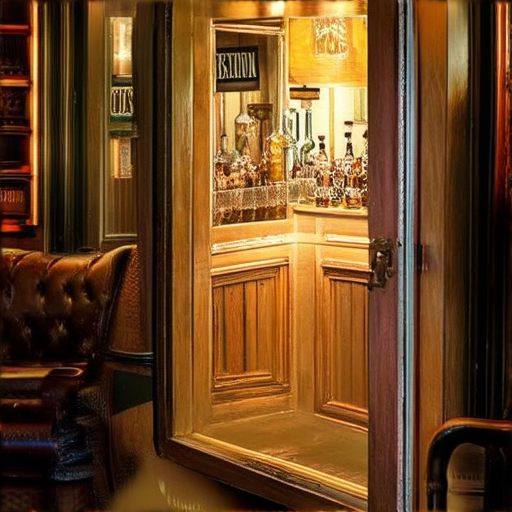
The 12 Pubs of Christmas Tradition
This festive Irish custom involves visiting twelve distinct pubs within a single day, indulging in a beverage at each establishment.
Origins of the Tradition
- The origins of this unique holiday custom remain unclear, with various theories attributing its beginnings to ancient Celtic festivals.
- Some speculate that the practice may have originated during the Middle Ages, when traveling minstrels would visit multiple taverns throughout the day.
- Regardless of its exact roots, the 12 Pubs of Christmas has become an integral part of Irish folklore and cultural heritage.
Participating in the Tradition
- Participants typically begin their journey early in the morning, often commencing at the first pub around 9 or 10 am.
- Each participant is expected to visit twelve distinct pubs, with some establishments offering special deals or discounts for those who complete the entire circuit.
- Throughout the day, patrons can enjoy a variety of beverages, including traditional Irish drinks such as Guinness and whiskey.
- Many participants also engage in friendly competitions, such as trivia games or pub quizzes, to further enhance the festive atmosphere.
Benefits of Participating
- Visiting multiple pubs allows individuals to experience the rich cultural heritage and history of Ireland’s vibrant pub scene.
- Engaging with locals and fellow travelers fosters camaraderie and social connections, making the experience even more enjoyable.
- Completing the 12 Pubs of Christmas circuit provides a sense of accomplishment and bragging rights among friends and family.
Tips for Completing the Challenge
- Plan ahead and create a schedule to ensure you visit each pub on time and avoid missing any opportunities.
- Be prepared for variable weather conditions, especially if participating in outdoor events.
- Don’t forget to pace yourself and stay hydrated throughout the day, as excessive drinking can lead to fatigue and discomfort.
Pub Culture: A Comprehensive Overview
Pub culture refers to the social, cultural, and historical aspects associated with public houses, bars, and taverns.
Historical Significance of Pubs in British Culture
- Pubs have been integral to British society since ancient times, serving as gathering places for people from various walks of life.
- In medieval England, inns and taverns were essential for travelers, offering food, shelter, and lodging.
- Throughout the centuries, pubs have played a significant role in shaping British literature, art, and music, with many famous authors and poets having frequented them.
Cultural Aspects of Pub Culture
- Pubs are often seen as community hubs, fostering social connections and friendships among patrons.
- The atmosphere in pubs is typically relaxed and convivial, making them popular venues for casual gatherings and celebrations.
- Pubs also host live music events, sports screenings, and quizzes, adding to their cultural significance.
Types of Pubs and Their Characteristics
- Traditional pubs: These establishments often feature wooden interiors, fireplaces, and a cozy atmosphere.
- Microbreweries and craft beer bars: These pubs focus on serving a variety of craft beers and often have a more modern, industrial aesthetic.
- Sports bars: These pubs cater to sports enthusiasts, showing live matches and offering a lively atmosphere.
Modern-Day Relevance of Pub Culture
- Pubs continue to play a vital role in British society, providing a space for socialization and relaxation.
- The rise of gastropubs has led to a resurgence in interest in traditional pub cuisine, with many establishments now offering high-quality food options.
- Pubs also contribute to local economies, generating revenue and supporting small businesses.
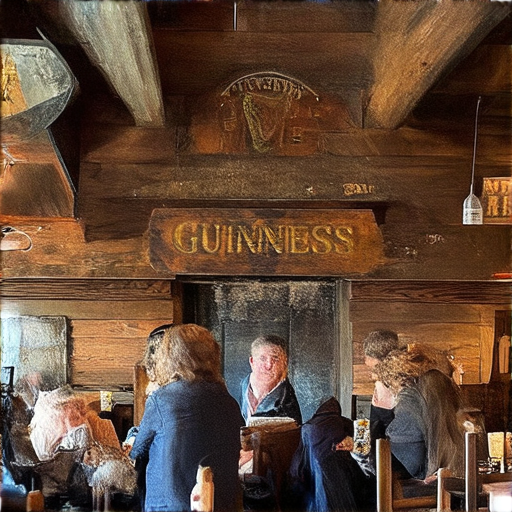
Pub Etiquette 101: A Guide to British Pub Culture
When stepping into a traditional British pub, you’ll notice a unique set of unwritten rules governing behavior and interactions among patrons.
Buying Rounds: A Time-Honored Tradition
- Each person in the group typically takes turns buying a round of drinks for everyone else.
- This practice promotes camaraderie and ensures no one leaves thirsty.
- It’s customary to start with the person who ordered the first drink, then proceed clockwise around the table.
Respectful Behavior: Key Principles
- Arrive prepared: Bring money for drinks and snacks, as well as a small change for the pub’s jukebox or arcade games.
- Be considerate of others: Keep noise levels down, especially during late-night hours, and avoid disturbing those trying to relax or work.
- Participate actively: Engage in conversations, join in on games, and contribute to discussions to foster a sense of community.
Etiquette Essentials
- Order wisely: When ordering, specify the type of beer, wine, or spirits you prefer, and don’t assume others will follow suit.
- Table manners: Keep your elbows off the table, don’t talk with your mouth full, and wait for everyone to receive their food before starting to eat.
- Tipping culture: Show appreciation for good service by leaving a tip, usually around 10% to 15%, depending on the establishment.
Final Tips for a Smooth Pub Experience
- Learn local lingo: Familiarize yourself with regional slang and colloquialisms to blend in seamlessly with the locals.
- Be respectful of traditions: Don’t disrupt or challenge long-standing customs, such as the traditional “last round” or the pub’s regular events.
- Enjoy the atmosphere: Relax, unwind, and soak up the lively atmosphere – after all, that’s what pubs are all about!
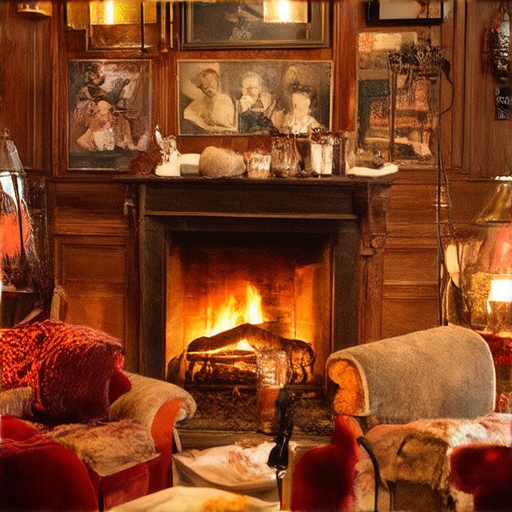
The Irish Pub Tradition
The Irish pub tradition is deeply rooted in the country’s rich cultural heritage, revolving around camaraderie, social bonding, and good cheer. At its core, this tradition revolves around the act of sharing drinks among friends and acquaintances, fostering a sense of community and belonging.
Buying Rounds and Leaving Before Buying Your Round
When visiting an Irish pub with a group, it is customary for each patron to buy a round of drinks for the entire group. This practice is known as “buying rounds.” However, leaving before buying your own round is considered impolite and can lead to awkwardness among the group members. In fact, it is often seen as a breach of etiquette, as the person who leaves first is expected to purchase another round for everyone.
The Traditional Irish Toast – Slinte Shluagh
A classic aspect of the Irish pub tradition is the traditional Irish toast, “Slinte shluagh,” which roughly translates to “good health” or “cheers.” When raising a glass, it is customary to say “Slinte shluagh” to express goodwill and friendship towards one’s companions. This toast serves as a symbol of unity and solidarity, strengthening bonds within the group.
Other Key Aspects of the Irish Pub Tradition
Some other notable aspects of the Irish pub tradition include:
• Respect for the establishment and its staff, which includes showing appreciation for the bartender’s service and acknowledging the pub’s history and significance.
• Engaging in lively conversation and storytelling, which helps to create a warm and welcoming atmosphere.
• Participating in sing-alongs and musical performances, which adds to the festive ambiance and encourages social interaction.
• Enjoying traditional Irish music and dance, which provides a unique opportunity to experience the country’s rich cultural heritage.
By embracing these customs and traditions, visitors to Ireland can truly immerse themselves in the local culture and enjoy a memorable experience at the iconic Irish pubs.
Pub Etiquette in Ireland: A Comprehensive Guide
In Ireland, visiting a traditional pub can be a unique and enjoyable experience, but understanding local customs and etiquette is essential to blending in seamlessly.
Buying Drinks in Rounds
- Rounds refer to the practice of buying drinks in succession, where each person pays for the entire group’s drinks.
- The tradition of buying rounds dates back centuries and is deeply ingrained in Irish pub culture.
- When ordering drinks, it’s customary for the first person to order for the group, followed by subsequent individuals taking turns paying for the next round.
Respect for the Bar Staff
Irish pubs often have a strong sense of community, and bar staff play a vital role in maintaining this atmosphere.
- Tipping is not expected but appreciated, especially for exceptional service.
- Be respectful and courteous when interacting with bar staff, as they are often knowledgeable about local history, sports, and music.
- A friendly conversation or a compliment on their attire can go a long way in building rapport.
Pub Games and Sports
Ireland has a rich sporting heritage, and many pubs showcase live matches and games.
- Join in on pub games like darts, pool, or cards, but always respect the players’ turn and offer to buy a round if you win.
- Support local teams and athletes, and engage in lively discussions about sports with fellow patrons.
- Don’t be afraid to ask questions or share your own experiences – sports conversations are a staple of Irish pub culture.
Food and Drink Options
Irish pubs often serve a variety of food options, ranging from traditional pub grub to more substantial meals.
- Order food and drink responsibly, and pace yourself to avoid overindulging.
- Be mindful of dietary restrictions and preferences, and don’t hesitate to ask about options.
- Take advantage of happy hour deals or specials, which can offer great value for money.
Leaving the Pub
When leaving the pub, remember to:
- Thank the bar staff for their service and show appreciation for their hospitality.
- Leave a reasonable tip, considering the quality of service received.
- Respect the pub’s rules and regulations, and refrain from causing a disturbance.
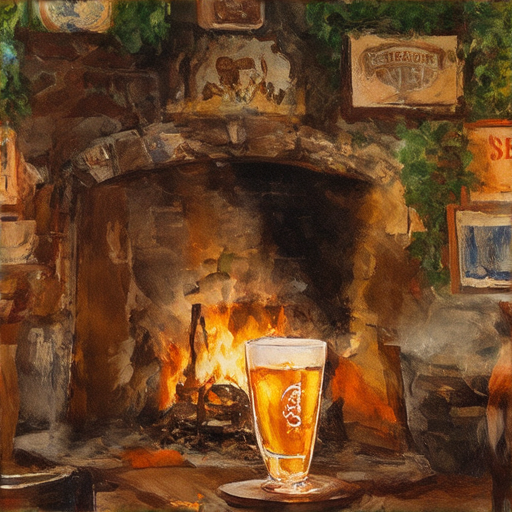
Irish Pub Holy Hour
The Irish pub holy hour refers to the traditional practice of offering discounted drinks to patrons during certain hours of the day, typically after church services. This custom has its roots in Ireland’s strong Catholic heritage and the desire to provide a welcoming atmosphere for those returning from mass.
Origins and History
The concept of the holy hour dates back to the early Christian era, when churches would offer refreshments to the faithful who had attended morning services. Over time, this tradition evolved into a common practice among pubs in Ireland, particularly in rural areas where social gatherings were an integral part of community life.
Key Characteristics
Some notable features of the Irish pub holy hour include:
- Discounted drinks: Pubs typically offer reduced prices on beer, wine, and spirits during these hours.
- Target audience: The holy hour is usually aimed at people who have just left church services, as well as locals looking for a mid-day break.
- Atmosphere: The ambiance is often relaxed and convivial, encouraging social interaction among patrons.
Regulations and Evolution
While the holy hour remains a cherished tradition, regulations surrounding its operation have changed over time. In 1926, the Intoxicating Liquor Act mandated the closure of public houses between 2:30 pm and 3:30 pm daily, effectively ending the holy hour. However, some pubs have adapted to this change by adjusting their opening hours or introducing alternative promotions.
Modern Interpretations
Despite the evolution of laws and regulations, the spirit of the holy hour lives on in many Irish pubs. Many establishments continue to offer special deals and discounts during designated periods, often coinciding with local events or festivals. These modern interpretations reflect the enduring appeal of this unique cultural phenomenon.
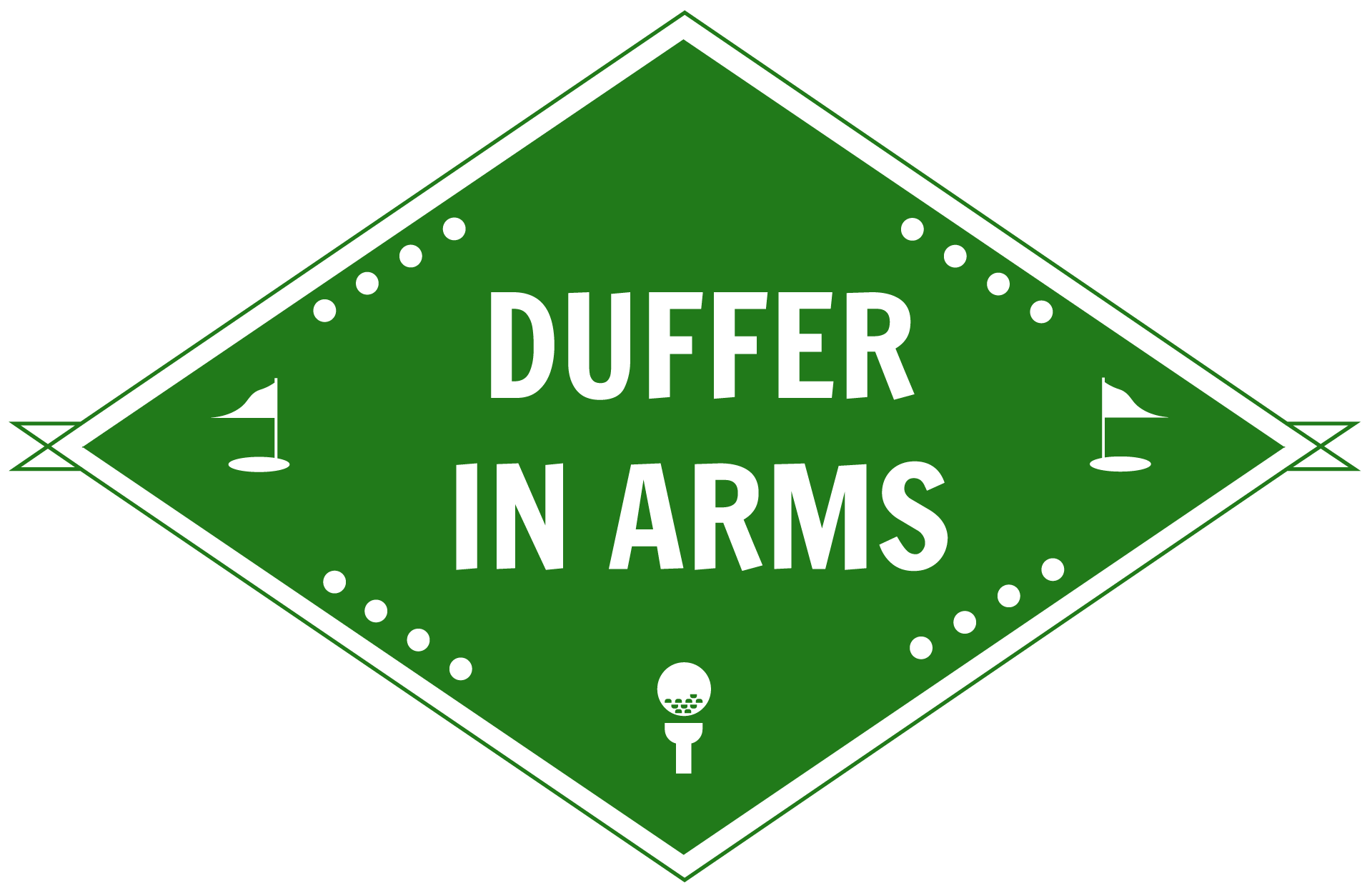
0 Comments